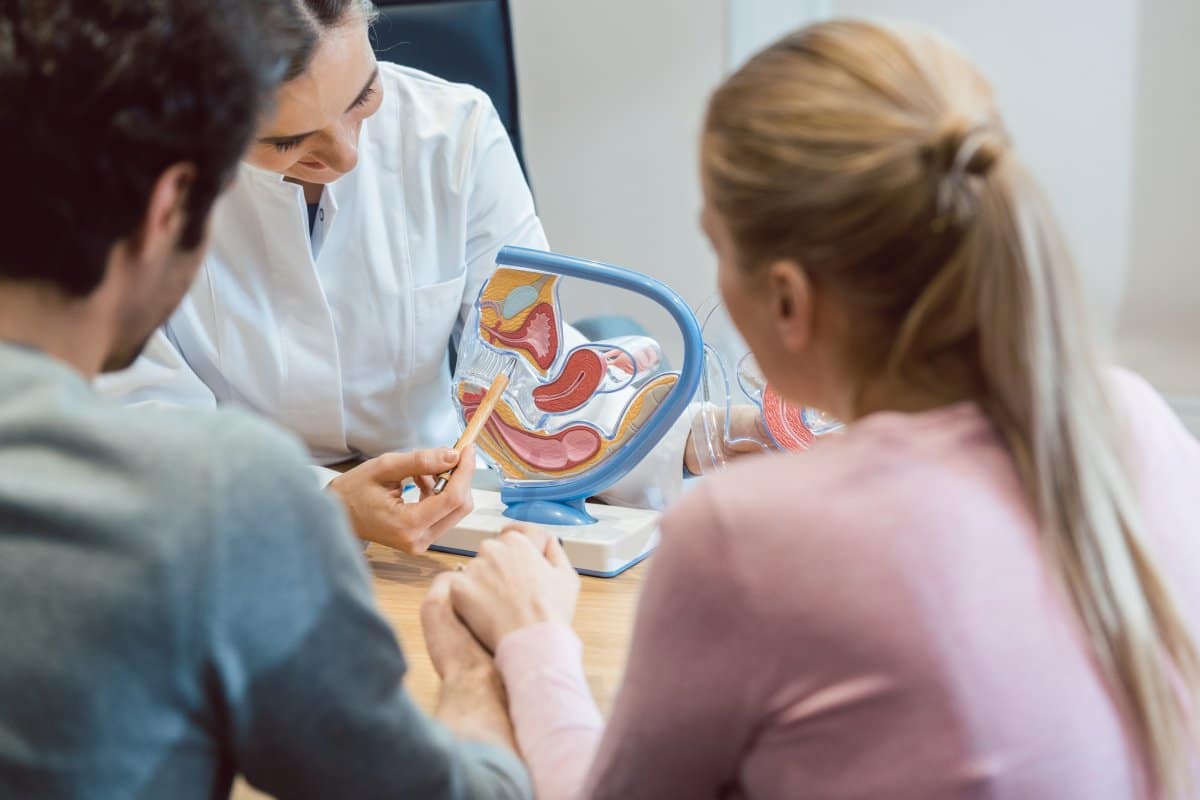Women opting for in vitro fertilisation (IVF) are getting treatment at an older age, which experts suggest could be linked to funding fertility treatment amidst the effects of the pandemic and the cost of living crisis.
Average Age of First-Time Fertility Seekers

The average age of first-time fertility treatment patients has risen to over 35 for the first time recorded.
35 Is the New 33

According to the Human Fertilisation and Embryology Authority (HFEA), the average age in 2000 was 33, but it rose steadily to over 35 in 2022.
The Average Age of Women Having a First Child Is 29
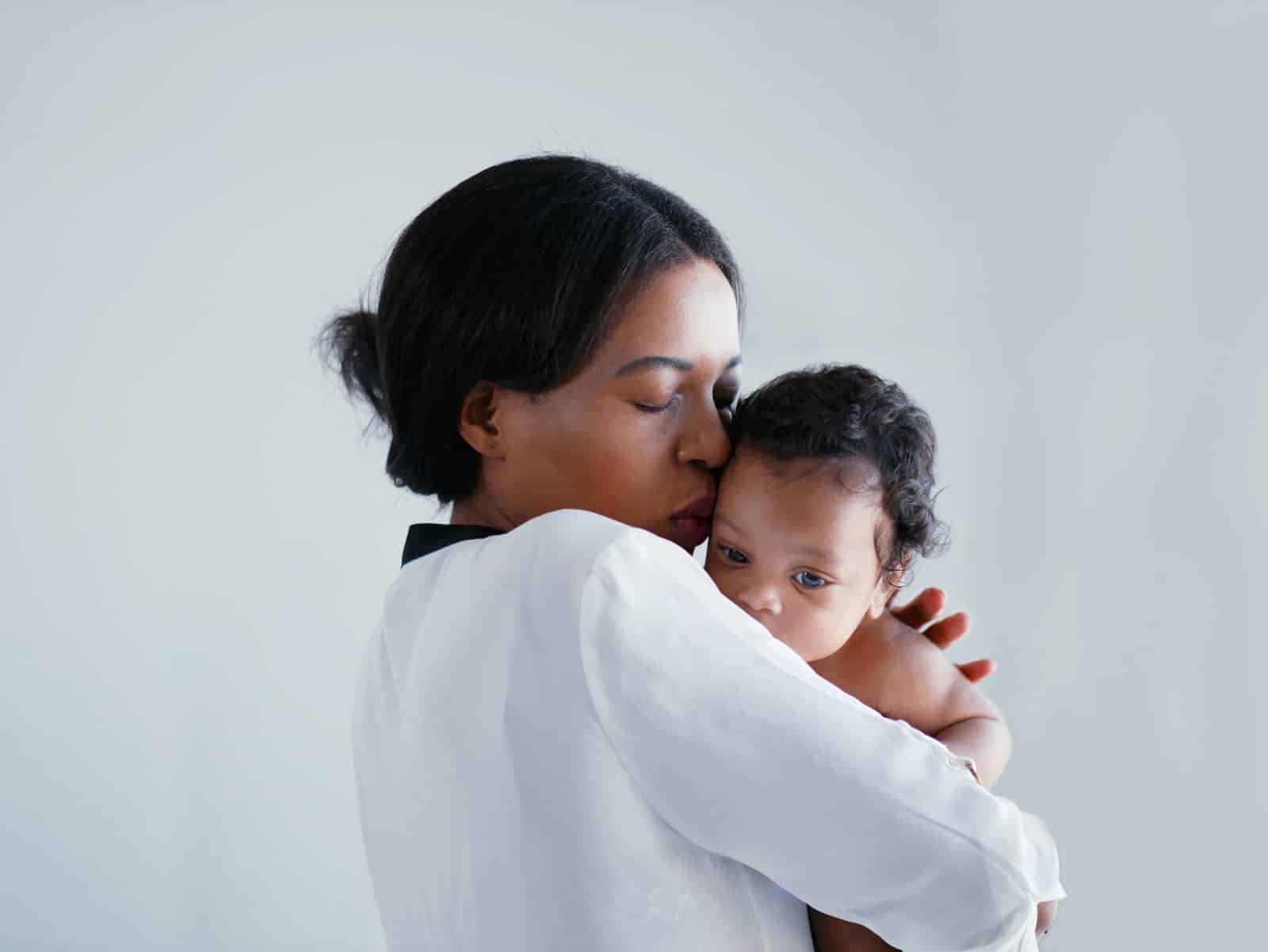
The average age of women in England and Wales respectively giving birth to their first child is at age 29, which means the new IVF average age is almost six years older.
20,000 Babies Born Annually Through IVF
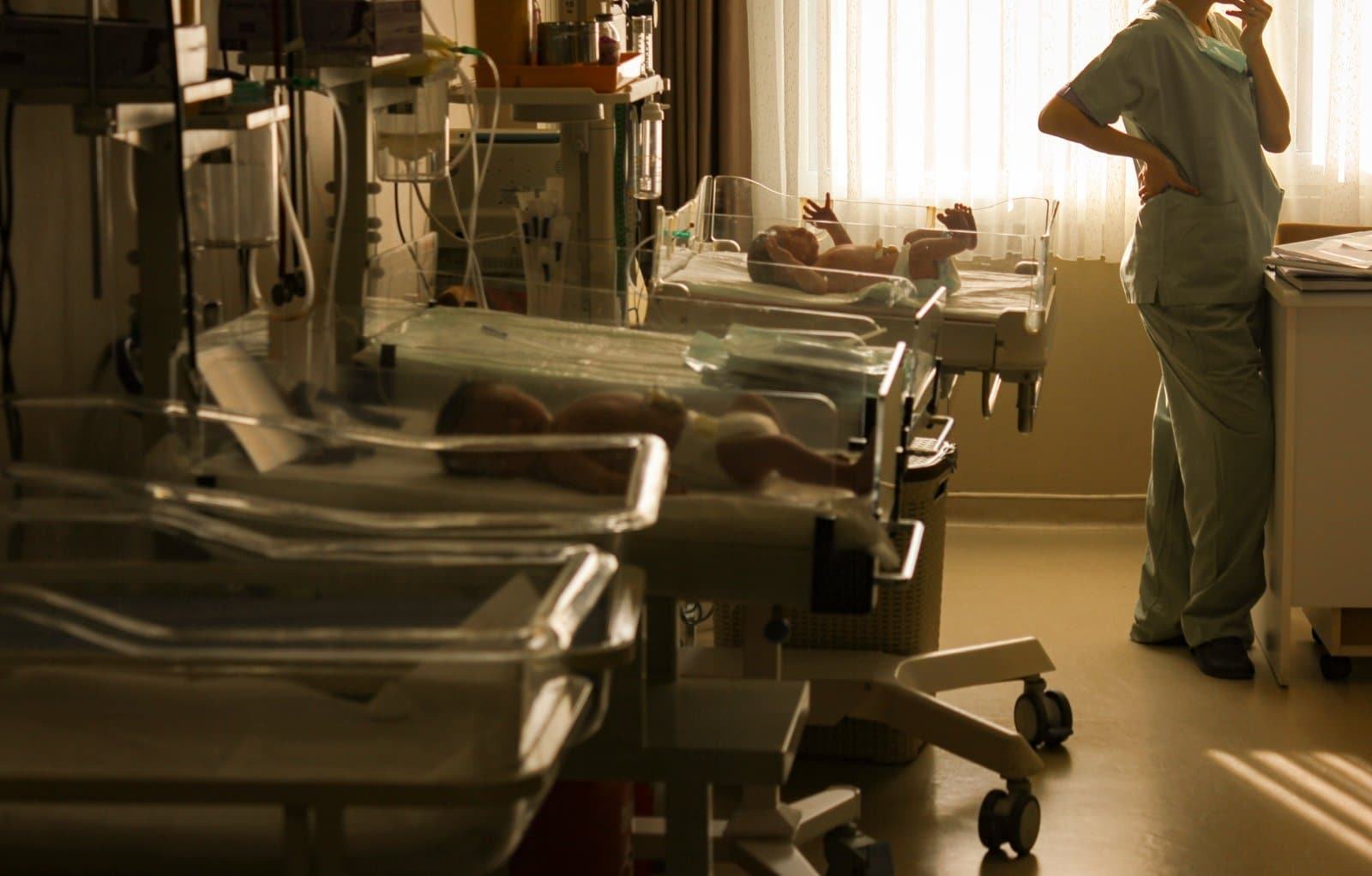
HFEA states that, on average, about 20,000 babies are born annually through IVF in the UK, with an estimated 52,500 patients receiving IVF in 2022, up from 50,000 in 2019.
Pregnancy Rate for IVF Is Dependent
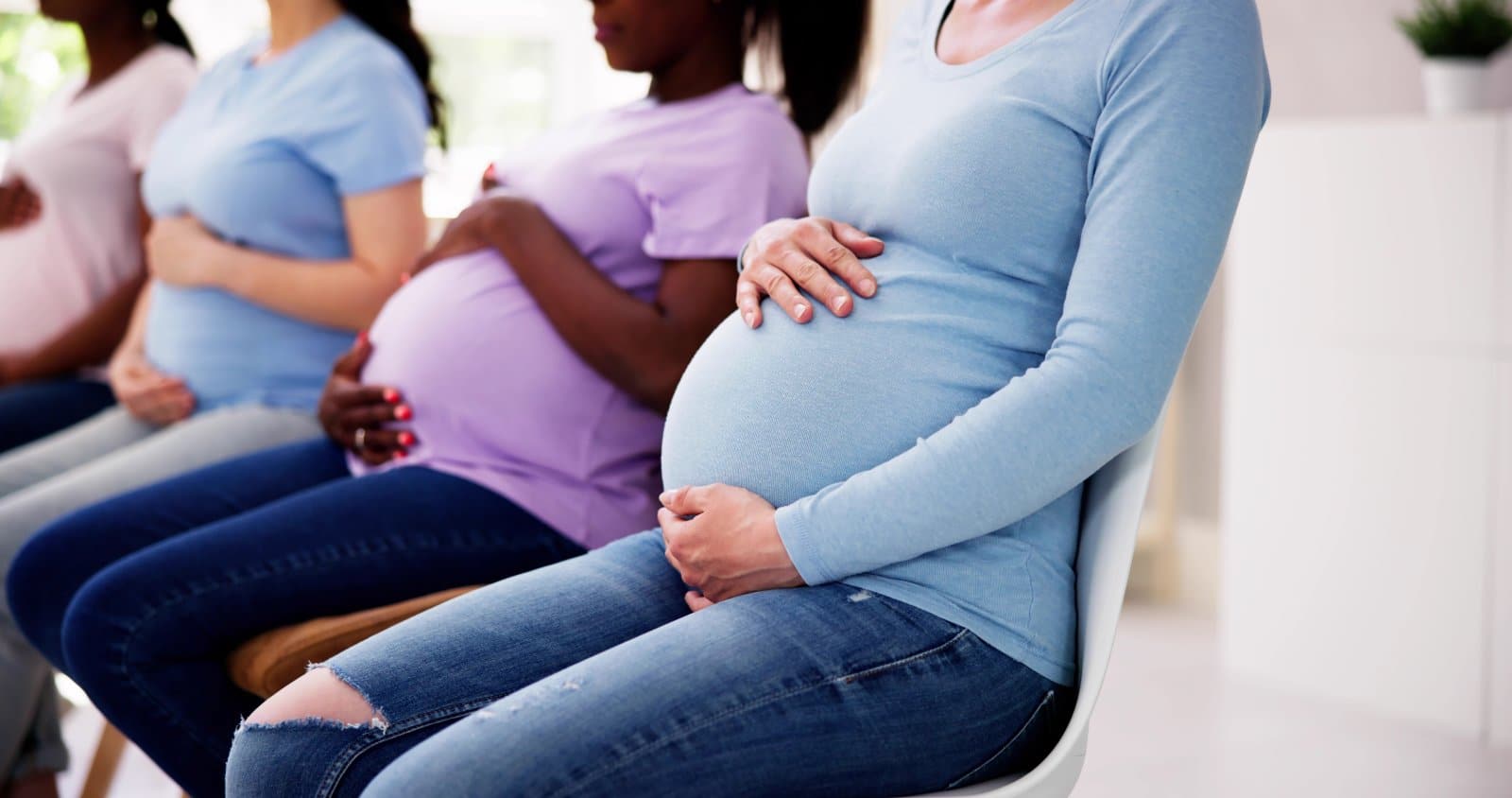
The pregnancy rate for IVF depends on various factors such as the age of the woman, the reason for infertility, the quality of the eggs and sperm and the IVF’s expertise and technology.
Higher Age Blamed on Funding Issues

Experts believe that the higher age for patients seeking IVF treatment is down to the funding, delays from COVID and the cost of living.
NHS Funded IVF

In 2012, 40% of in vitro fertilisation cycles were NHS-funded, but this dropped to the lowest level, at 27%, in 2022.
The Higher the Age, the Less Success
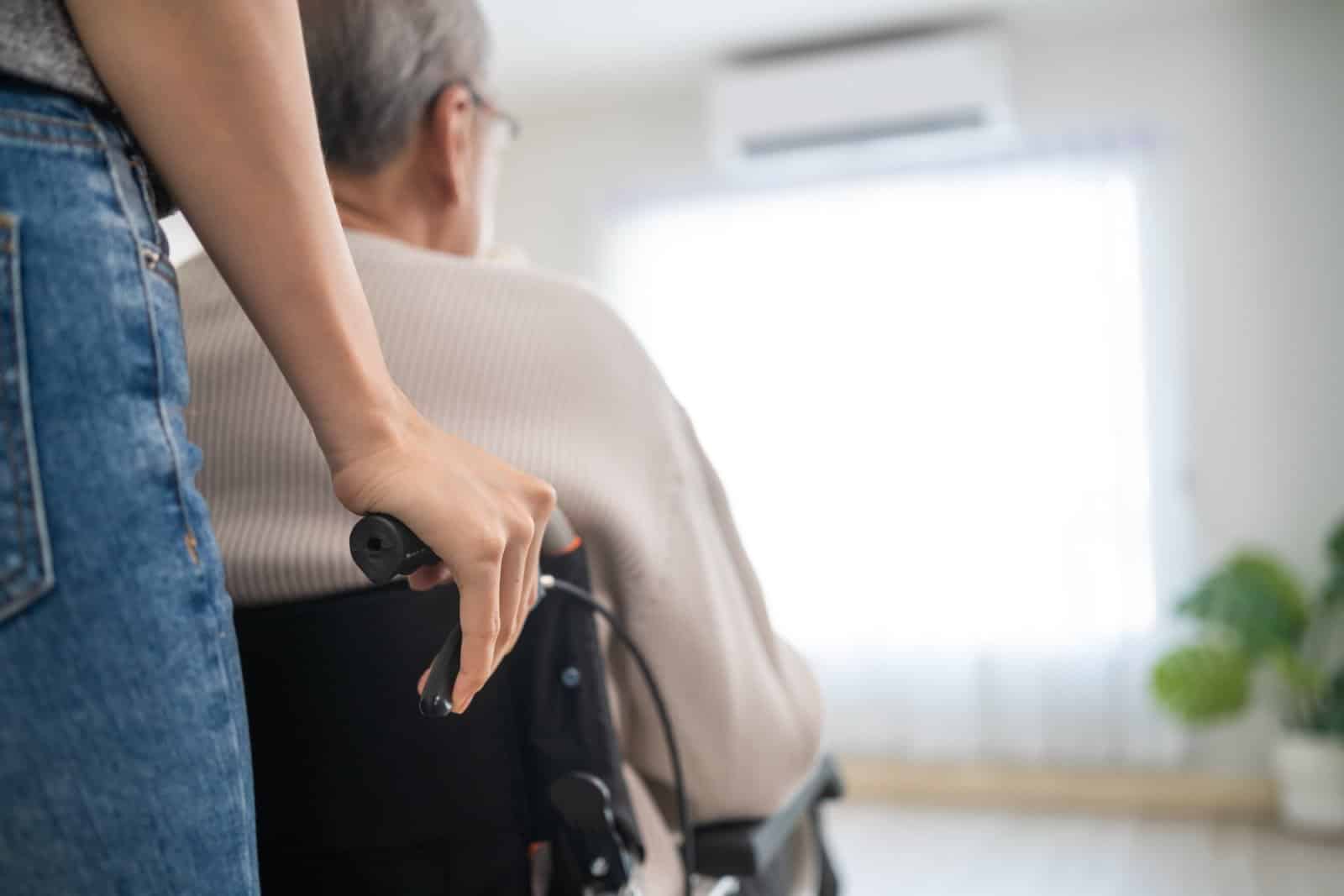
The higher the age of the woman, the less likely the success of the fertility treatment as its chances decrease with age.
IVF Rates Continue to Improve

Julia Chain, the chair of the HFEA, said, “IVF success rates continue to improve, but as the chance of a birth rapidly decreases with age, early access to fertility treatment is crucial for those that need it.”
Age Linked to Success Rate

Women under 35 have an approximate success rate of 40-50% for each IVF cycle, 38-40-year-olds have 20-30%, and those over 40 have a lower success rate of 10-20%.
Three Cycles Recommended for 40 Plus
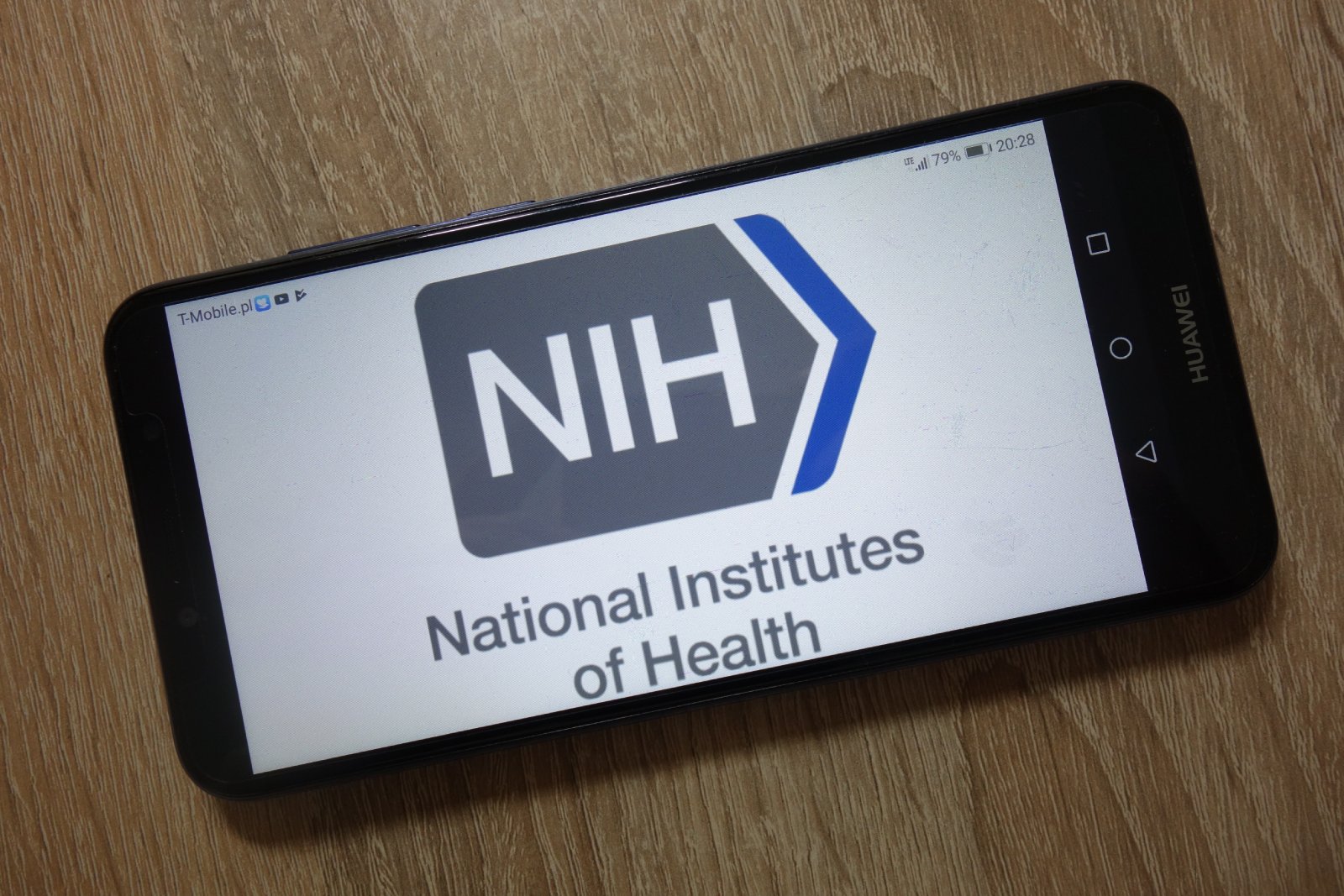
The National Institute for Health and Care Excellence recommends that women over forty be offered three cycles of IVF if they meet the stipulated criteria laid out by the local NHS boards.
Cycle Decrease to One Over 40

Women aged 40-42 years are offered one cycle of IVF, and those who don’t qualify for NHS-funded IVF are encouraged to seek a private clinic.
The IVF Pregnancy Rate Has Risen
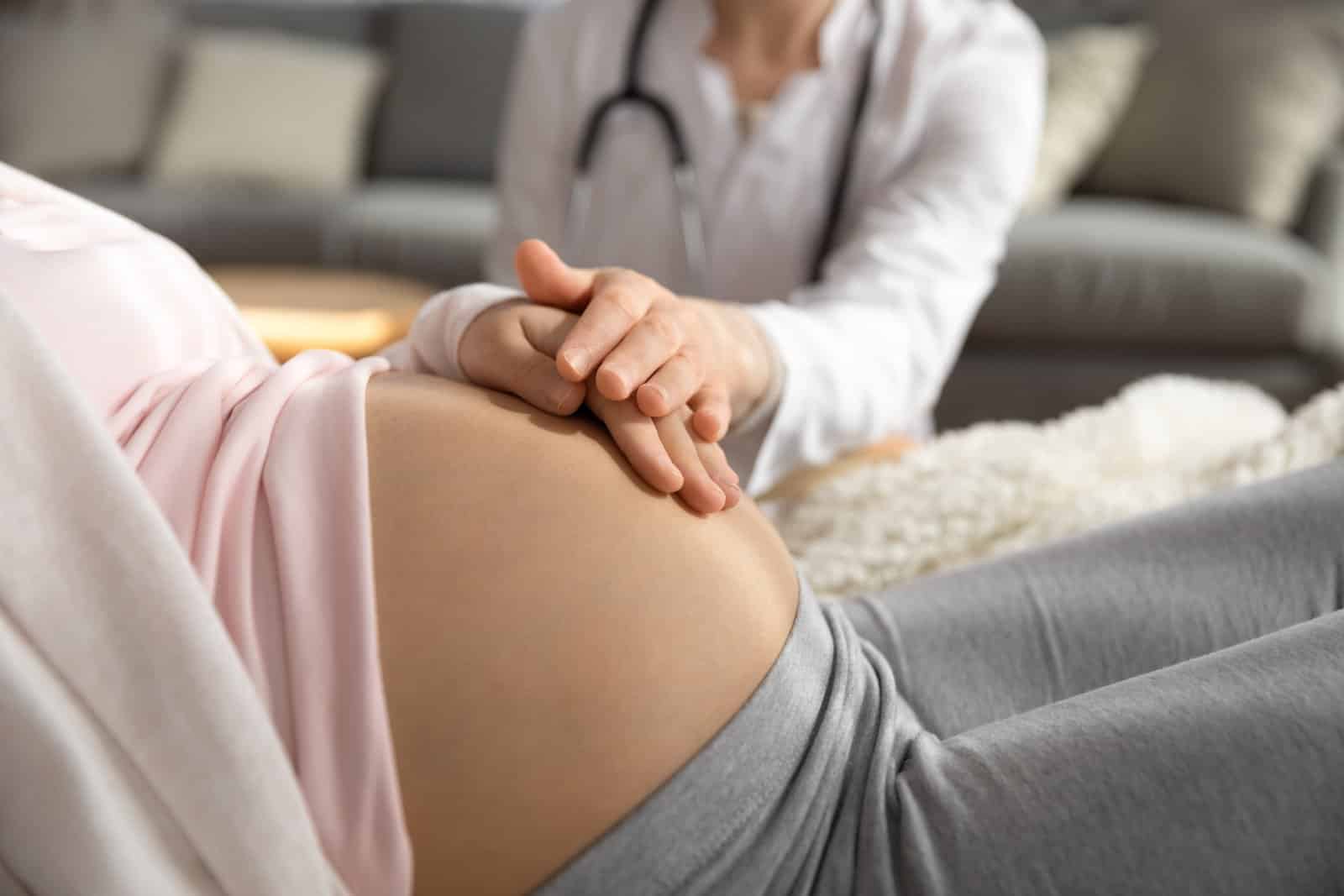
The overall pregnancy rate from IVF using fresh embryo transfers and patient’s eggs has risen from 21% per embryo transferred in 2012 to 31% in 2022.
Patients Between 18-34 Have Higher Pregnancy Success
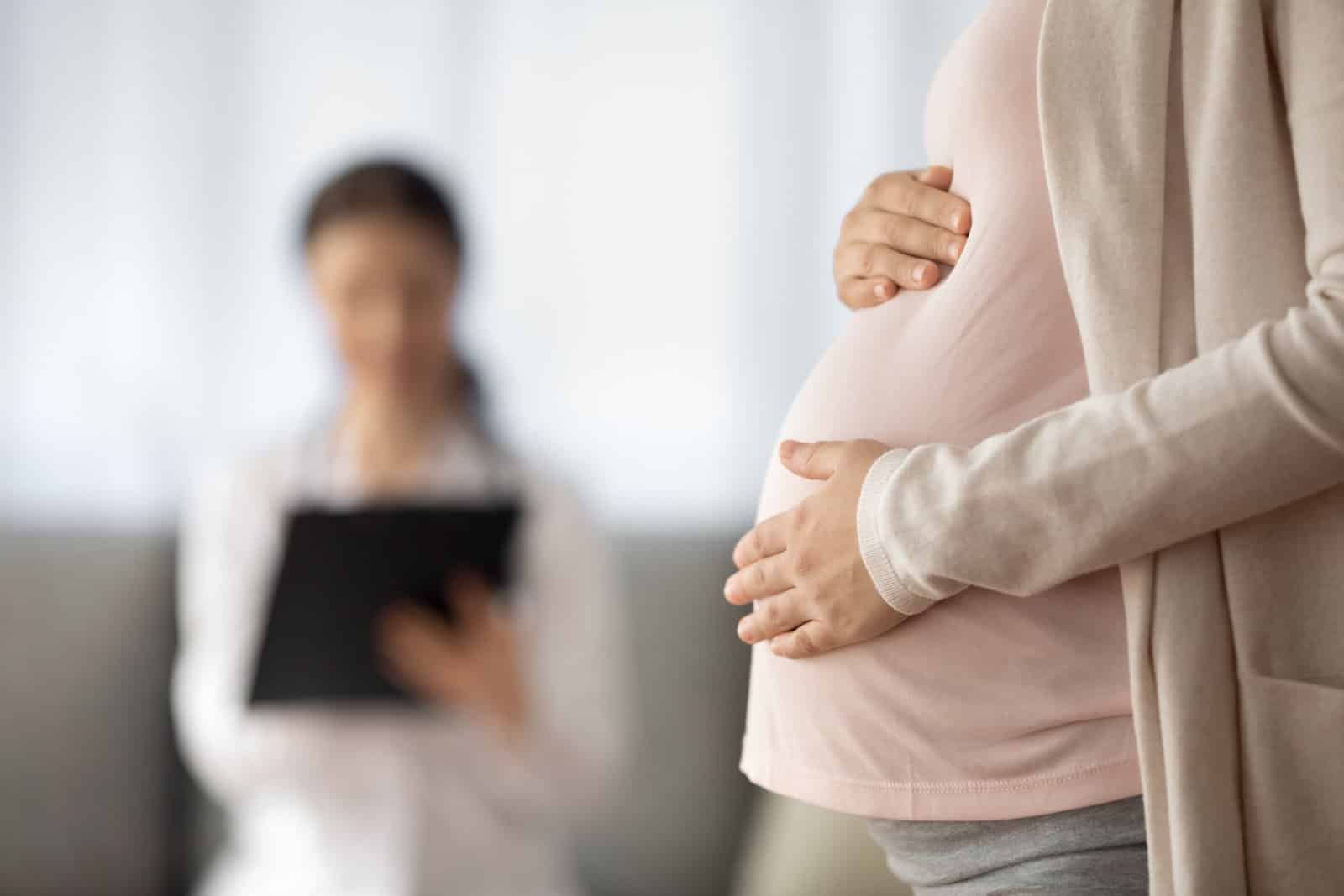
The patients between 18 and 34 years of age had the highest pregnancy rate per transferred embryo at 42%.
Decrease in NHS Funded IVF Cycles
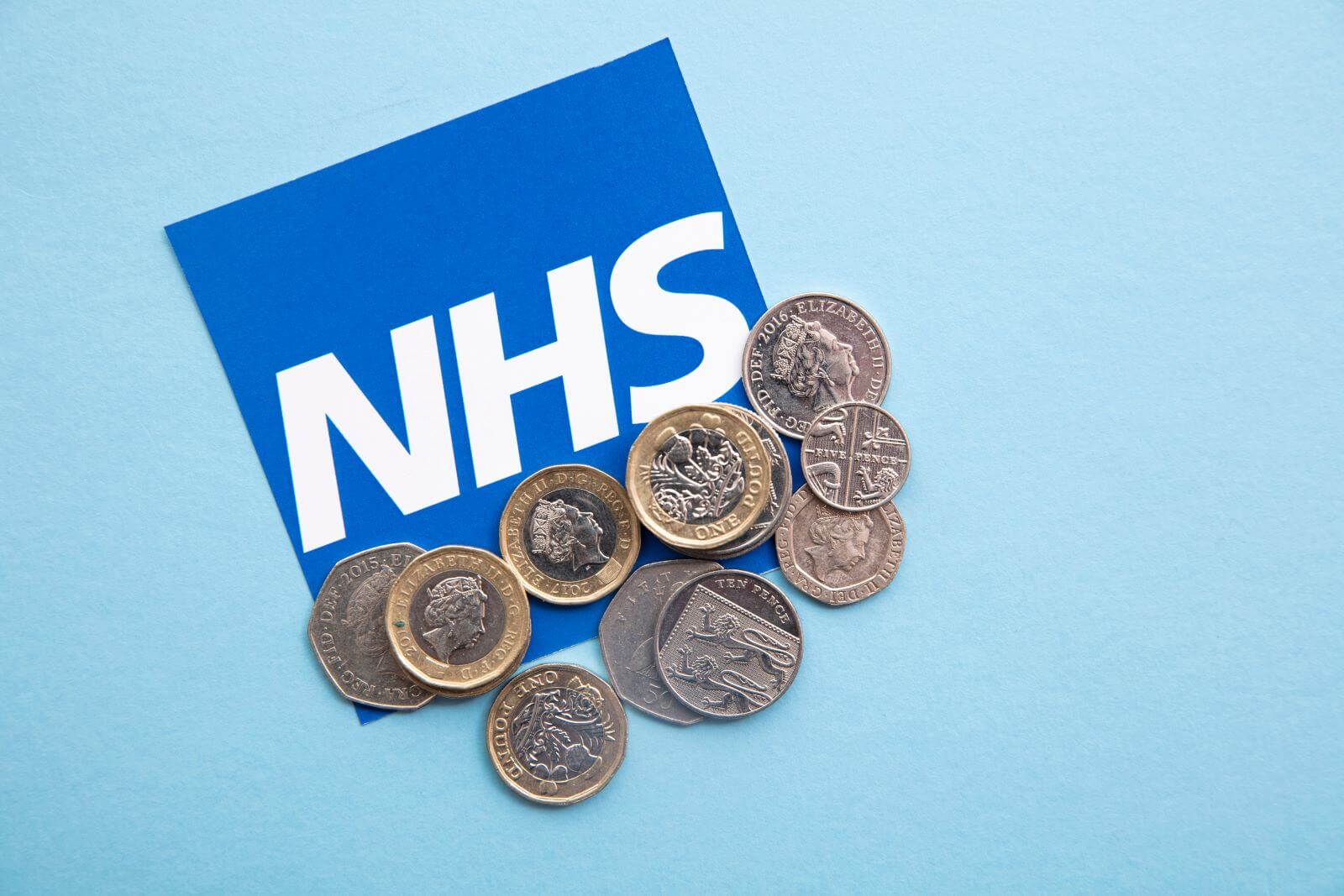
Chain believes the higher average age is partly due to funding issues. As the cost-of-living crisis continues, there is a decrease in NHS-funded IVF cycles and an increased waiting time for investigation before accessing NHS-funded treatments.
Fertility Treatment Is Not a Guarantee
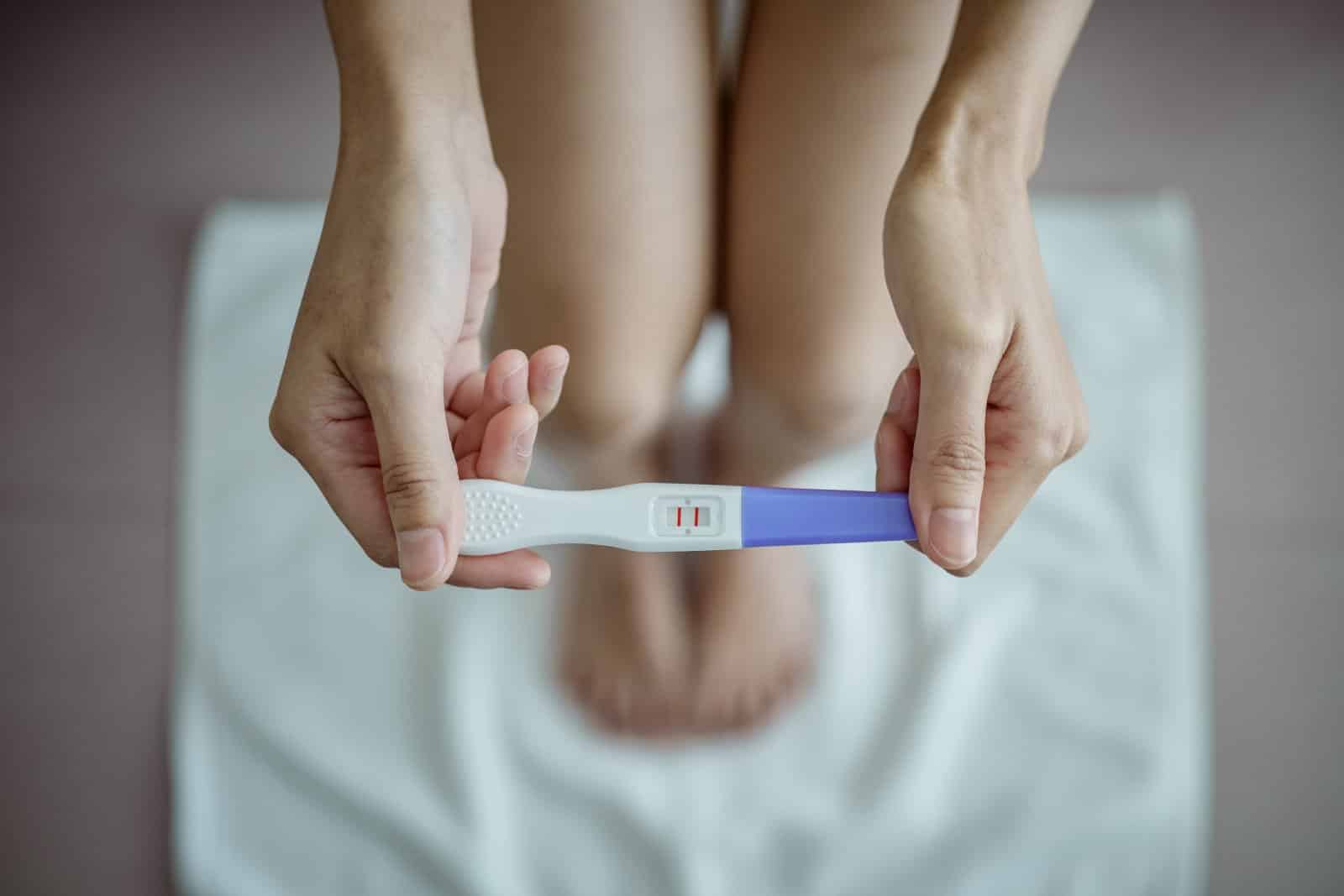
Chain explains that “fertility treatment is not a guarantee of having a baby”, and those who are experiencing difficulty should seek advice so that if treatment is needed, delays are reduced.
IVF Responsible for 3-4% of Births
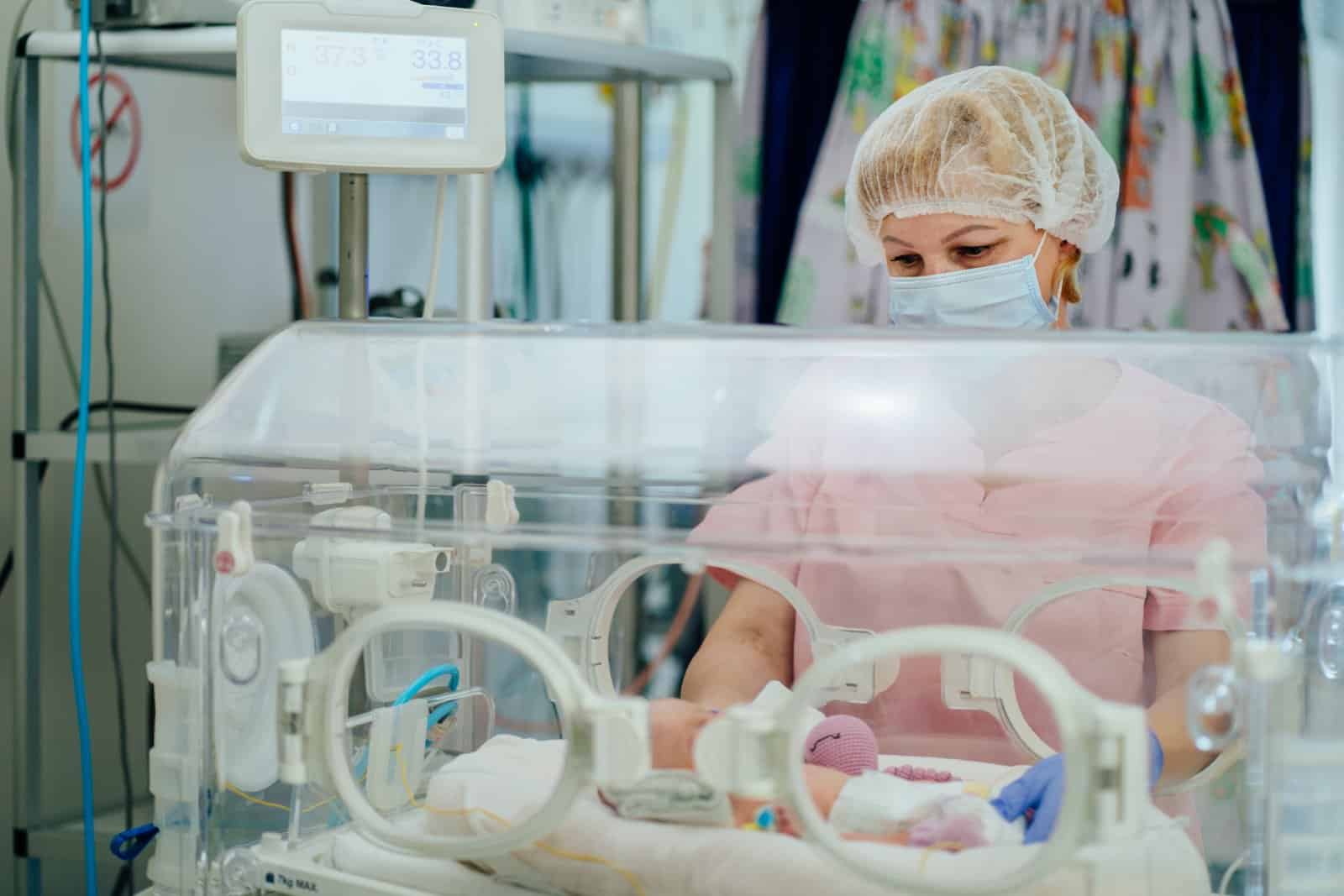
IVF accounts for 3-4% of live births in the UK, with approximately 585,000 natural pregnancies still occurring.
10 Worst Places to Live in the UK Today

Here’s a look at the 10 worst places to live in the UK, based on statistical analysis and local sentiment, to help you understand the challenges residents may face in these areas. 10 Worst Places to Live in the UK Today
“We Will Never Come to Help You” – Trump’s Hurtful Words Raise Concerns About EU Firepower

It was revealed in a conference in Brussels that former President Donald Trump said in 2020 that the US would “never help” Europe if it was attacked. Now, European nations are grouping to commit more firepower to combat Putin’s threat to democracy. “We Will Never Come to Help You” – Trump’s Hurtful Words Raise Concerns About EU Firepower
Brexit Fallout: 20 Ways the EU Is Falling Apart Without the UK
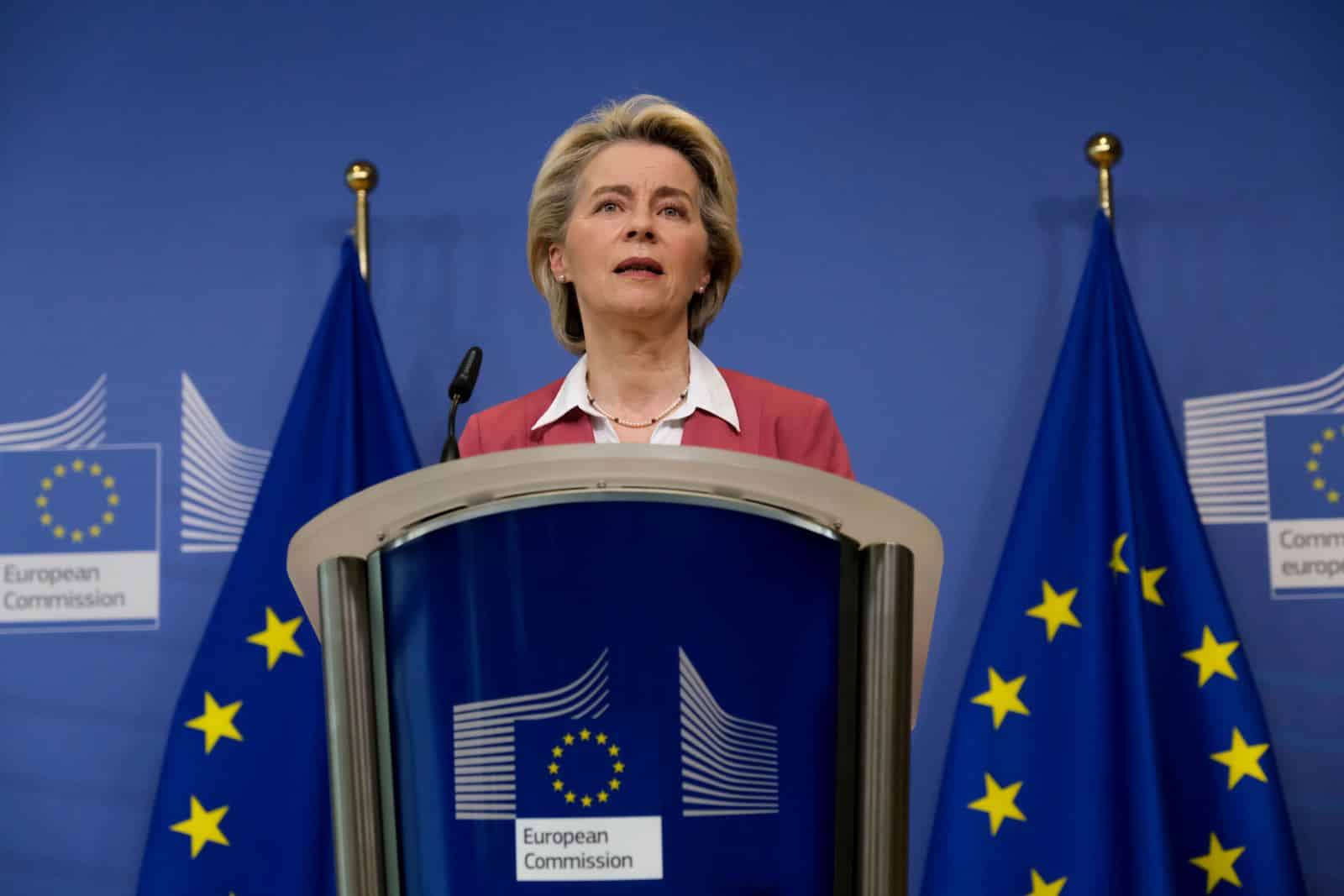
Since Brexit, the EU has been grappling with multiple crises and internal conflicts. Can the bloc hold itself together in these turbulent times? Brexit Fallout: 20 Ways the EU Is Falling Apart Without the UK
Featured Image Credit: Shutterstock / Kzenon.

